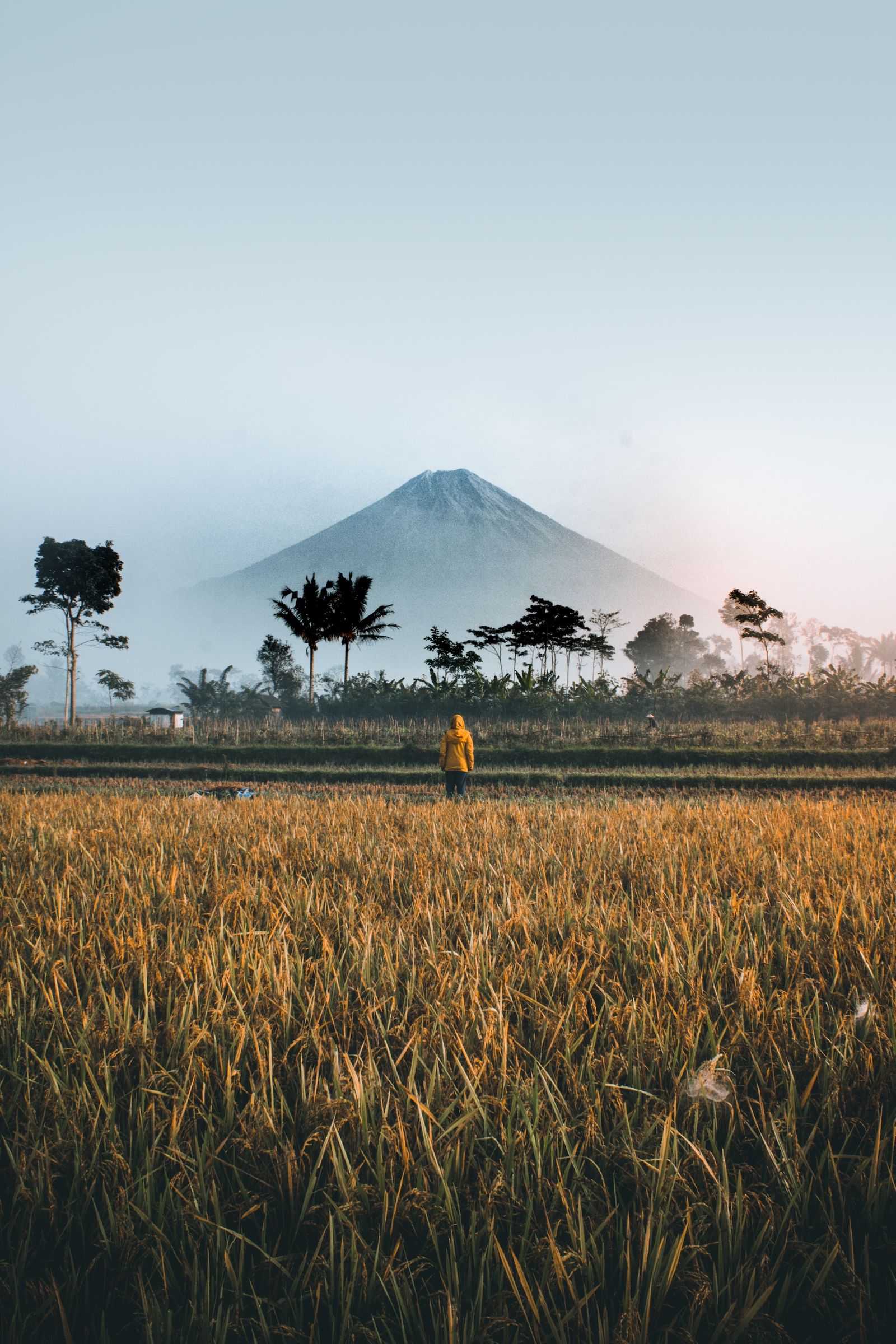How to Navigate Indonesia's Transportation System – A Guide for First-Time Visitors

Indonesia is a beautiful country known for its diverse culture, stunning natural landscapes, and warm hospitality. As you plan your trip to Indonesia, it's essential that you understand the country's transportation system for the best experience. Here's how you can navigate Indonesia's transportation system.
Tips for Navigating Indonesia's Transportation System
Navigating Indonesia's transportation system can be challenging for first-time visitors, but with these expert tips and guidance, you’ll be able to travel around with ease.
Plan ahead: Before you travel, research the transportation options available in the city that you are planning to visit.
Book tickets in advance: For trains and buses, you should book your tickets in advance, especially during peak travel periods.
Negotiate prices: When using taxis or ride-hailing services, you should negotiate the price upfront to avoid any surprises.
Be patient: Traffic can be heavy in Indonesia, especially during peak travel times. So, be patient and allow extra time for your travels.
Choose accommodations wisely: Staying at a central location will help you find your way around easily. There’s a variety of options to choose from; if you are looking for a hotel in Solo, for instance, you should go for a place like HARRIS Hotel and Conventions Solo.
Modes of Transportation in Indonesia
Indonesia has an array of transportation options to choose from.
Buses are a popular mode of transportation in Indonesia, especially for intercity travel. There are several bus companies with different levels of comfort and prices. Most long-distance buses have air conditioning and reclining seats, which make them a comfortable option for travellers.
Trains are another popular mode of transportation, with several railway networks connecting different cities. There are different classes of trains available, including economy, business, and executive classes. The executive class offers the highest level of comfort, with air conditioning and reclining seats.
Taxis are a convenient way to get around in Indonesia, especially in big cities like Jakarta and Bali. Blue Bird Taxis are the most popular taxi company in Indonesia, known for its reliability and safety. Before getting into the taxi, you should make sure the taxi has a metre, or you should negotiate the price upfront.
Ride-hailing services like Gojek and Grab are popular options in Indonesia, especially for short distances. These apps let you book a motorcycle or car, and the driver will pick you up at your location.
Getting Around in Each City
Each city in Indonesia has its own unique transportation system.
Jakarta has a comprehensive transportation system, with buses, trains, taxis, and ride-hailing services available. The TransJakarta bus system is a popular option, with dedicated bus lanes. The Jakarta MRT is also a convenient option, and it connects different areas of the city. Taxis and ride-hailing services are also readily available, but it’s best to avoid rush hour traffic.
Bali is a popular tourist destination known for its stunning beaches and natural landscapes. You can find taxis and ride-sharing services here, but the most popular mode of transportation is renting a scooter. Scooters are available for rent in most tourist areas, and they offer a convenient and affordable way to explore the island.
Yogyakarta is known for its rich history and cultural heritage. The city has a comprehensive transportation system that includes buses, taxis, and ride-hailing services. The Trans Jogja bus system is a popular option, which connects different areas of the city.
Staying Safe While Travelling in Indonesia
While Indonesia is a relatively safe country to travel to, you should take precautions to stay safe while travelling. Here are some tips to keep in mind:
- Avoid travelling alone at night, especially in unfamiliar areas.
- Be cautious when using public transportation, especially during peak travel times.
- Keep your valuables, like your passport and cash, in a safe place.
- Be aware of your surroundings and trust your instincts. If something feels wrong, it's better to err on the side of caution.
